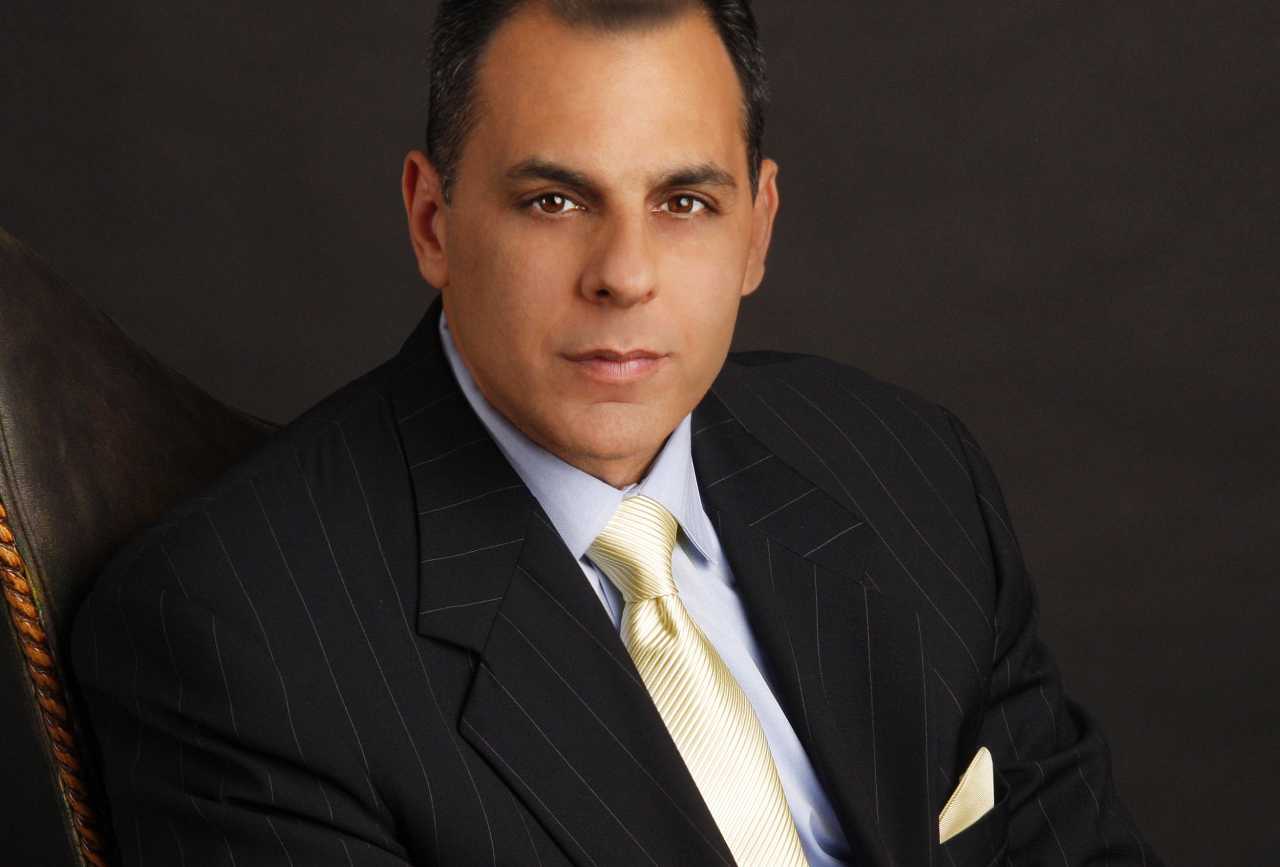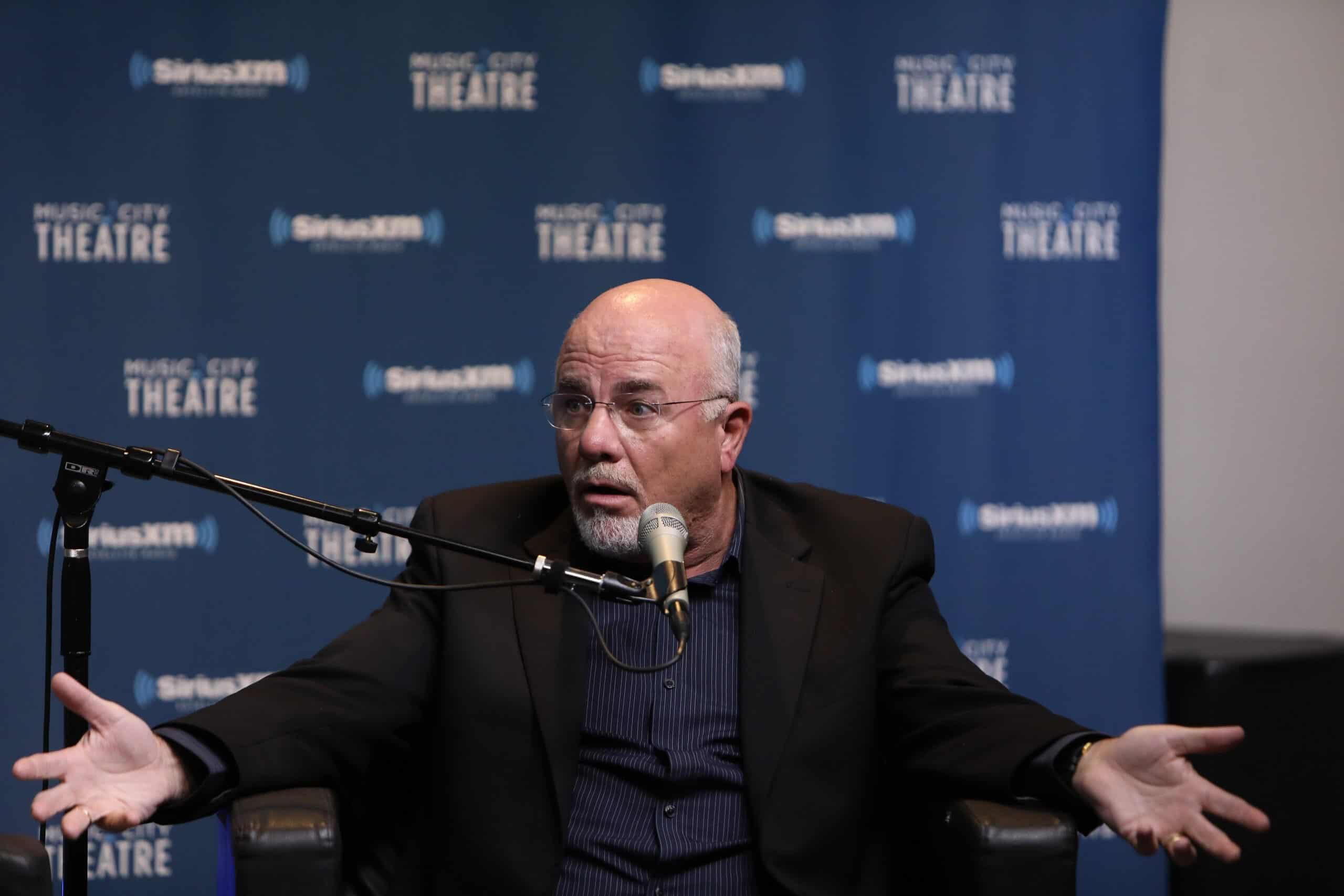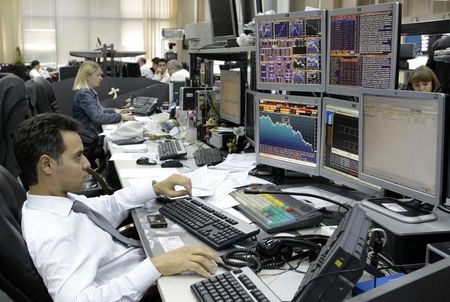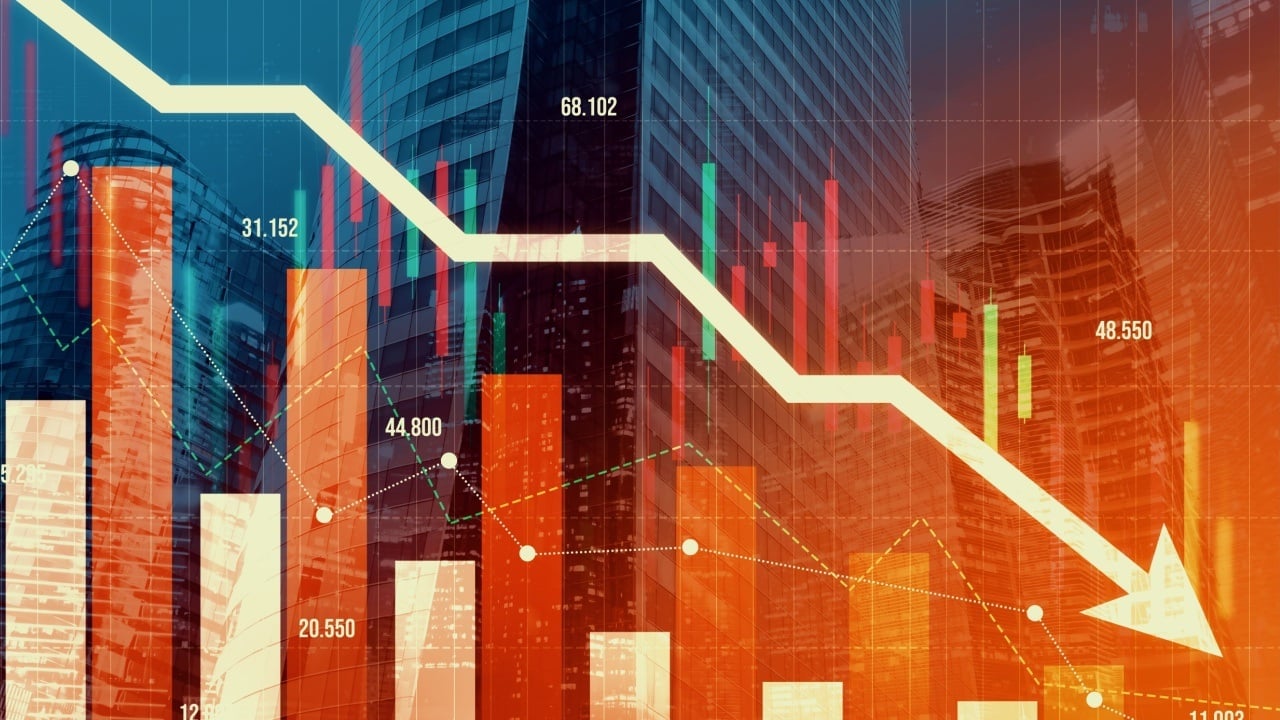I think a recession is coming and want to convert 90% of 401(k) into cash – is this a bad idea?
Some pundits and skeptics have serious doubts about the S&P 500’s ability to pull off the hattrick of 20% return years. Wells Fargo (NYSE:WFC) senior market strategist Scott Wren thinks that such a so-called “three-peat” is probably off the table, with a 6,600 target for 2025, which entails a return closer to 10% and around […] The post I think a recession is coming and want to convert 90% of 401(k) into cash – is this a bad idea? appeared first on 24/7 Wall St..

Some pundits and skeptics have serious doubts about the S&P 500’s ability to pull off the hattrick of 20% return years. Wells Fargo (NYSE:WFC) senior market strategist Scott Wren thinks that such a so-called “three-peat” is probably off the table, with a 6,600 target for 2025, which entails a return closer to 10% and around 8% from current levels. Indeed, that’s still a pretty solid return, even if it doesn’t stack up to the previous two years.
In this piece, we’ll examine the case of an individual who’s nervous about the market’s next steps, to say the least. The person who posted on r/fatFIRE thinks a recession is coming and wants to convert around 90% of their 401(k) into cash. That’s an extreme reaction on a hunch if you ask me.
And one that I wouldn’t advise unless something significant has changed with their personal financial situation (let’s say unexpected medical bills or any other expense that came from out of left field). Either way, if one needs the cash in a hurry to be ready for retirement, a financial advisor should be consulted before making any such rash decisions, especially those based on fear.
Key Points
-
Recessions and market moves are virtually impossible to predict. Selling based on a hunch or timing the market is often the bad way to go.
-
4 million Americans are set to retire this year. If you want to join them, click here now to see if you’re behind, or ahead. It only takes a minute. (Sponsor)
The stock market had a run. It’s okay to be skeptical.
Either way, I think it’s a bad idea to time the markets and conclude that 2025 will be a weak year just because 2023 and 2024 were some of the best years we’ve had in recent memory. Looking at the two-year span, the pace of gains looks incredibly unsustainable unless, of course, it’s to end in some sort of painful correction, bear market, or bursting of the bubble of sorts. And while there’s no denying the momentum investors have enjoyed in the past two years, I do think that the magnitude of longer-term momentum largely depends on the timeframe you’re looking at.
Indeed, the past two years have seen a blistering market run that may mirror the run of the late 1990s. Stop me if you’ve heard someone saying this AI-driven rally reminds them of 1997, 1998, or even 1999. That said, when you look at the gains since the late 2021 peak, they’ve been rather tame, with the S&P 500 gaining a respectable, but not too overheated 28.3% at the time of writing. A near-30% return in three years in change doesn’t seem all too excessive when accounting for that 2022 bear market. In fact, it’s closer to a long-term expected market return when you pin the starting point at the start of 2022.
Be more calculated, and don’t make moves when feeling fearful.
Either way, I wouldn’t make any rash decisions with your portfolio at this juncture just because you think a correction will eventually hit. By their nature, recessions and their timing are incredibly difficult to predict, even for seasoned economists. Even if one times the recession with precision, who knows how the stock market will even react? At the end of the day, the stock market is not the economy.
Does that mean one should be fully invested with the expectation of another 20% return year?
Of course not. Instead, investors should be investing for the long haul and strive to buy value where it can be found while offloading securities that are overvalued at any given time. With the right asset allocation and some dry powder for when the sell-off does finally hit, I do think investors need not resort to extreme moves such as liquidating all or most of their portfolios.
The bottom line
Timing the market is not advisable, even after a hot two-year run for the S&P 500. If your life circumstances change and you need the money, contact an advisor and take some profits off the table. As for making moves on recession hunches, I understand the hefty opportunity costs of doing so.
The post I think a recession is coming and want to convert 90% of 401(k) into cash – is this a bad idea? appeared first on 24/7 Wall St..




























































































































































